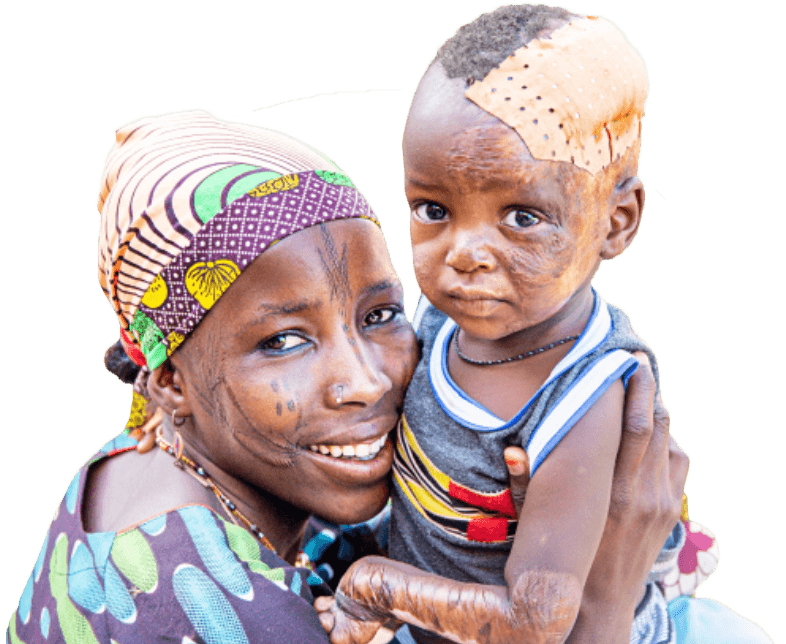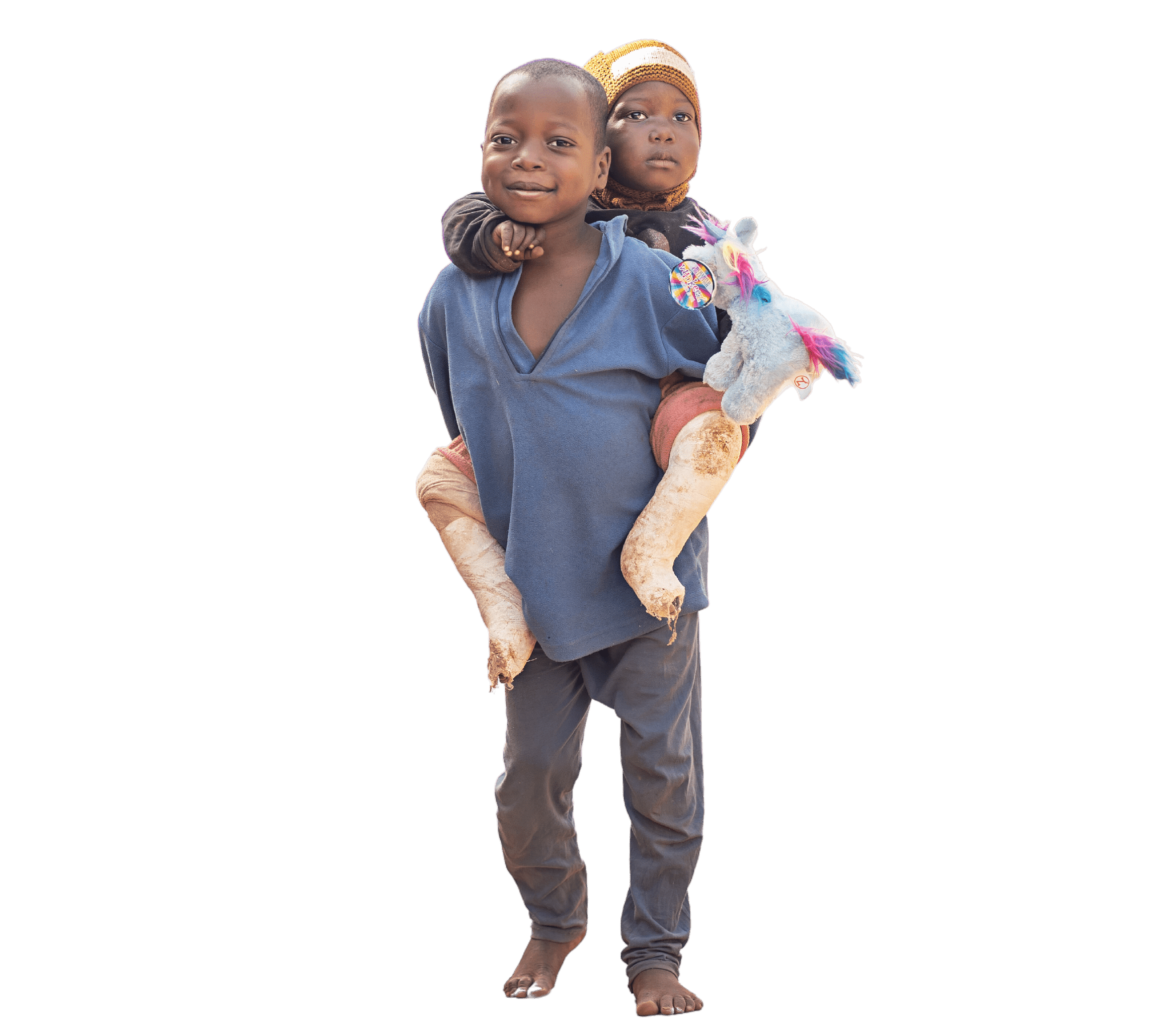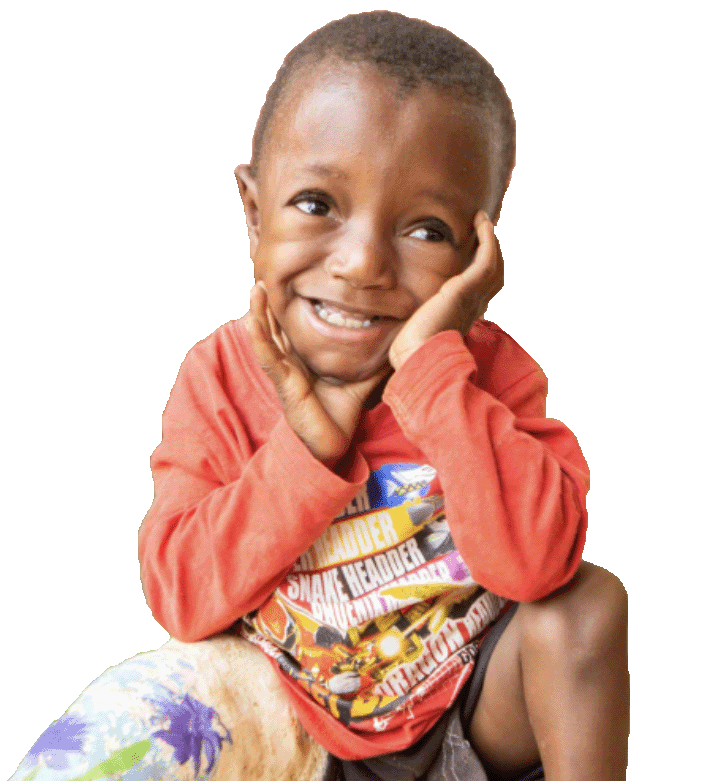The east of Niger is a difficult place. It hosts Niger’s largest body of water, Lake Chad, which is the convergence point for the four countries of Niger, Chad, Cameroon, and Nigeria. It’s a body of water that has shrunk nearly 95% since the 1960s. With the increasing water scarcity in a country that is already mostly the Sahara Desert, the water shortage has led to decreased stability in the entire region. Traditional farming communities now compete with nomadic herders for water when there was once plenty for both. Families now have to make longer and more difficult treks to retrieve their daily water for the necessities of life. The shrinking lake, which is the economic foundation of the region, means that Nigerien jobs are drying up, as well.
Boko Haram, a jihadist military organization, started up in 2002 amidst this environment of conflict, difficulty, and frustration, where it grew into the terrorist organization it is today. Although based in the Lake Chad region of northeastern Nigeria, Boko Haram’s raids and attacks often foray into southeastern Niger. As a result, hundreds of thousands of Nigeriens have fled their villages to live in Internally Displaced People (IDP) camps, or refugee camps, outside the larger cities in the regions where the police and army can offer better protection.
While horrific, this is by no means the first time that drought and conflict have separated families and forced people to seek safety outside of their homes. For thousands of years, humans are still doing evil things, and God is still using them for good. You see, here at CURE Niger, we face the constant problem of reaching the most remote peoples in this large country. The vast majority of villages have no way in or out other than sand footpaths. A significant number of Niger’s population will go their whole lives never seeing a city or a paved road.
It’s CURE Niger’s dream to seek out all of these unreached villages to offer them the physical and spiritual healing and hope that we provide. There are, without a doubt, children needlessly suffering from treatable conditions such as clubfoot, bowed legs, untreated broken bones, cleft lips and palates, and burns in most, if not all, of these villages. We come across them every time we visit a new village. The problem is that the further we venture, the more and more remote the unreached villages become. Within the undeveloped state of Niger, these trips can take days, potentially even weeks.
We have outreach teams that go out regularly to work with local partners, who know the area and people better than we ever could, to go deeper into these unreached regions. But it always seems like there is yet another unreached village over the next distant, sandy ridge.
An unintended consequence of Boko Haram’s evil campaign in eastern Niger is the concentration of thousands of people in IDP camps, people who were previously spread out over thousands of square miles of desert land. The relocation efforts have provided us with a temporary opportunity to directly reach and impact the lives of hundreds and thousands of children and their families who otherwise may have never heard about CURE or the services we provide! What the terrorists intended for evil, God is using for good.
In partnership with CBM, CURE Niger has hired a full-time staff member who lives in eastern Niger, despite the danger, and who goes into these IDP camps every day with the sole purpose of identifying kids who could benefit from treatment at CURE Niger. He even helps make the arrangements to get them to our hospital.
These are kids like Abdou, who was born with a foot deformity that forces him to walk and balance on his heels. Because of his condition, Abdou loses his balance constantly and is unable to carry any heavy objects without falling over. In this state, Abdou won’t be able to join in the farming work his family has devoted themselves to, which means he won’t be able to support a family, marry, or contribute to his community. Because of this, he is seen as worthless by many.
Abdou and his family lived in a remote village before Boko Haram began their campaign of terror in the area four years ago. When it became too unsafe to stay, Abdou’s father decided that they needed to move or they would risk losing more than just their home. Since then, Abdou and his family have lived in an IDP camp, and while it is undeniably difficult, their trials have faded into the background of their minds as the excitement of healing consumes them. “I get very excited until I feel as if I’m about to explode when I think about getting surgery!” Abdou exclaimed giddily on the eve of his first surgery.

Thankfully, Abdou’s story of healing is only one of many. We received our first patient from the IDP camps just over a year ago, and what started out as a trickle has turned into a steady stream that we can only envision growing from here. Patients like Aicha, Bosono, Fatima, Aicha, Gambo, Haoua, and Yagana are all experiencing the hope and life change that comes with both physical and spiritual healing here at CURE Niger!

The best part is that it doesn’t stop here! One day, evil will be defeated, and all of these children will return to their villages after their lives have been changed by treatment. They will become ambassadors for CURE in the remote communities we would never have been able to reach by ourselves—ambassadors for the life-changing work of CURE Niger.
* The problem of pain and suffering in the presence of an almighty and good God is a complicated and nuanced topic which people have been debating for thousands of year, and it’s one that we’re not going to dive into right here. We are just claiming that some small glimmers of hope and goodness have emerged from the ashes of evil.
About the CURE Children’s Hospital of Niger
CURE Niger has been a place of hope since opening its doors in 2010. Ours is the first and only hospital in the country to provide Christ-centered care and charitable surgeries for children with treatable disabilities. Our teaching hospital has 58 beds, two operating rooms, and an outpatient clinic. In addition to world-class medical care, our team ministers to the emotional and spiritual needs of our patients and their communities.


